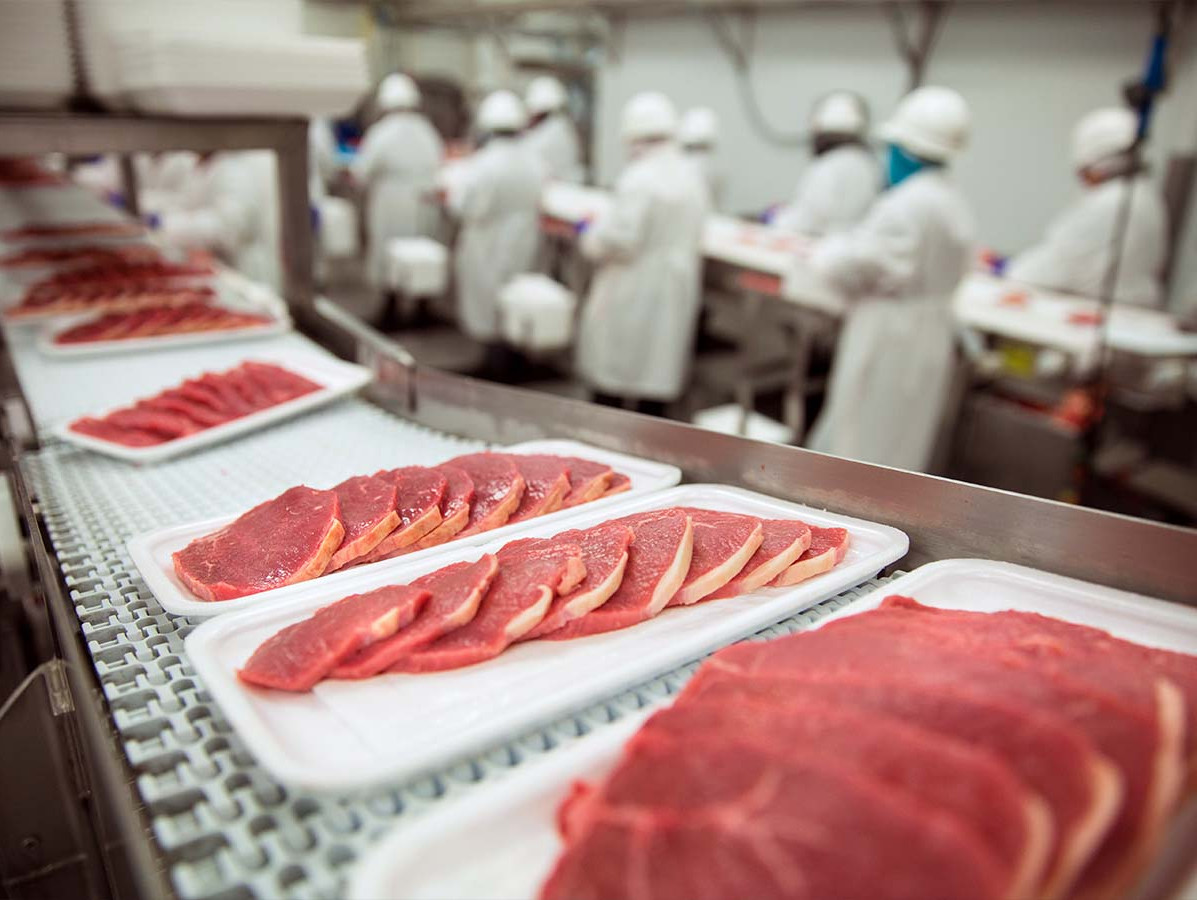
The prospects for the food and beverage industry in 2024 indicate limited room for production growth, according to ING. Despite decreasing inflation, growth expectations for private consumption in the Netherlands and the Eurozone remain moderate. The global increase in food demand poses challenges for sectors such as dairy and meat, where the contraction of livestock farming restricts domestic supply. Shifting towards higher value-added products and increased raw material imports from abroad could offer a growth opportunity.
Since 2021, rising procurement, energy, transport, and labor costs have led to a significant increase in prices in the food industry. The turnover of food manufacturers rose by 7% in 2021, 22.5% in 2022, and 5% in 2023. Cost inflation is decreasing, and producers indicate fewer future price hikes. Turnover even declined in the third quarter of 2023 for the first time in two years.
ING anticipates further normalization of cost development in 2024. Global wheat prices are rising, European sugar prices are falling, and cocoa supply remains tight. Wage costs will continue to rise due to increases in minimum wage and collective bargaining agreement (CAO) wages.
Critical decisions on labor migration, climate policy, agriculture, and livestock size are on the negotiation table. Labor migration is crucial for the food industry, where migrants constitute nearly 40% of total employees in meat processing. Migration restrictions could intensify competition for foreign labor, raising wages and making automation more appealing.
Surging food prices have altered consumer behavior, with reduced demand for A-brands and increased reliance on private-label products. Major manufacturers reported stable margins but shrinking production volumes in 2023. In 2024, A-brand manufacturers will invest in innovation and marketing to counter volume declines, while SME manufacturers struggle to pass on increased costs. Cost savings, efficiency improvements, and pricing negotiations will be the focus for profitability in the coming period.
Source: ING